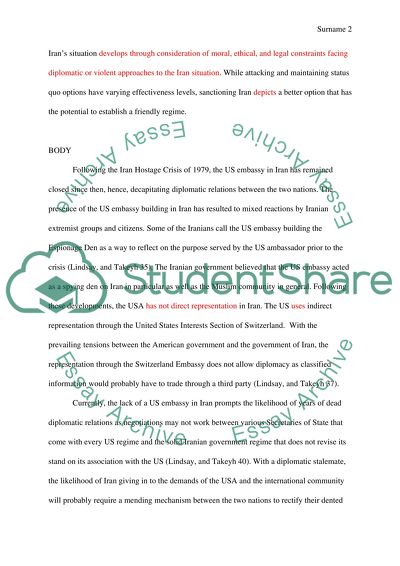Cite this document
(“Government or Education Research Paper Example | Topics and Well Written Essays - 2000 words”, n.d.)
Government or Education Research Paper Example | Topics and Well Written Essays - 2000 words. Retrieved from https://studentshare.org/literature/1472731-government-or-education
Government or Education Research Paper Example | Topics and Well Written Essays - 2000 words. Retrieved from https://studentshare.org/literature/1472731-government-or-education
(Government or Education Research Paper Example | Topics and Well Written Essays - 2000 Words)
Government or Education Research Paper Example | Topics and Well Written Essays - 2000 Words. https://studentshare.org/literature/1472731-government-or-education.
Government or Education Research Paper Example | Topics and Well Written Essays - 2000 Words. https://studentshare.org/literature/1472731-government-or-education.
“Government or Education Research Paper Example | Topics and Well Written Essays - 2000 Words”, n.d. https://studentshare.org/literature/1472731-government-or-education.


